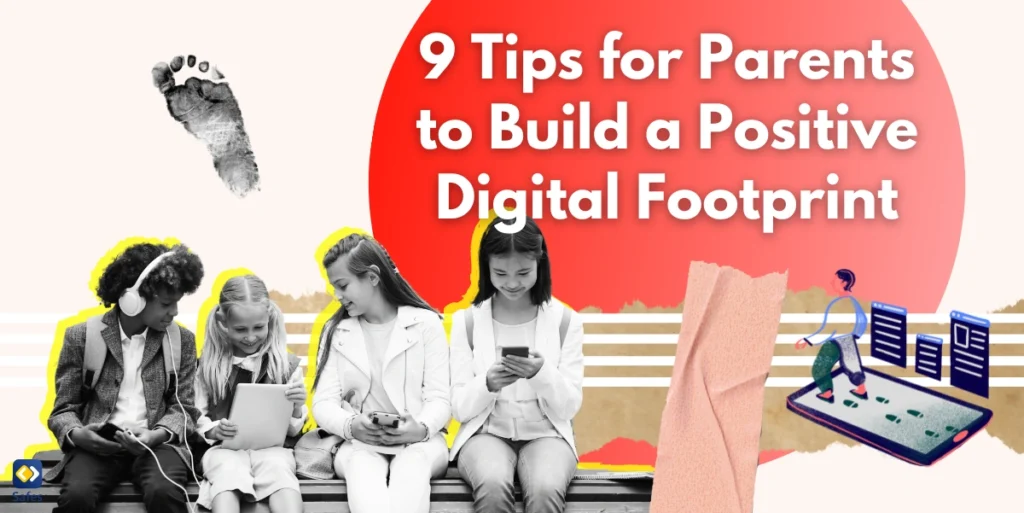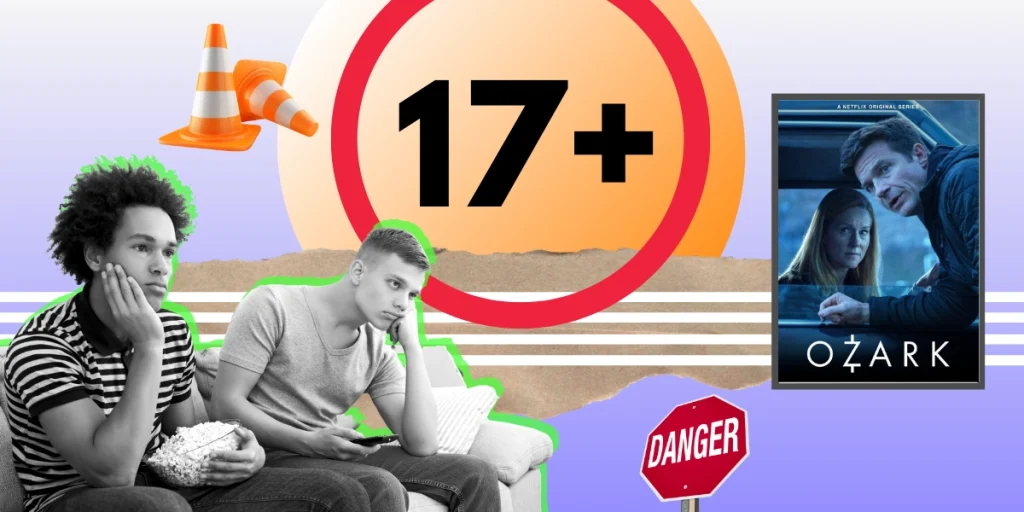Social networking apps have a significant impact on every aspect of our lives in the current digital era. They present chances for interaction and communication, but they also carry a risk, particularly for kids and teenagers. One such app that needs careful thought is the well-known dating app Bumble. Young users run a significant risk, even though it may provide an exciting platform for adults to connect with potential partners. This blog post aims to educate readers about the potential risks that Bumble poses for kids and teens while also giving parents important information they can use to protect their kids’ online safety. In a nutshell, the question we’re trying to answer is: Is Bumble safe for kids?
Download and Start Your Free Trial of the Safes Parental Control App
Understanding the Risks of Bumble for Children and Teens
If we were to ask: what apps should kids not have, dating apps should be at the top of the list. The age restriction for Bumble is 18 years old. This restriction is challenging to enforce, though, and minors can easily create accounts by lying about their age. Because the app doesn’t have reliable verification features, it’s simpler for kids and teenagers to access and use it without adult supervision.
Young users shouldn’t use Bumble because its main function is to facilitate romantic connections. They might encounter conversations, solicitations, or explicit or inappropriate content that could be detrimental to their emotional development and well-being. Even though there is a Bumble BFF app, it’s still meant for young adults or older.
The open nature of the app may draw people with bad intentions who may take advantage of young children and teenagers who are less secure. Predators can manipulate young users’ emotions through grooming techniques, leading to eventual coercion into hazardous situations. The risk of such occurrences is increased by the app’s lack of strict monitoring and moderation.

Negative Impacts on Children and Teens
Dating apps have negative effects on adults, let alone children. If children and teens are exposed to Bumble, these negative impacts will be things that can keep any parent up at night.
- Emotional and psychological effects: Young users of Bumble may experience emotional distress, feelings of inadequacy, and lowered self-esteem because of inappropriate encounters and interactions. The pressures of dating and relationships may be amplified in the online world, impacting people’s mental health and overall self-image.
- Impact on social interactions and relationships: Young people who rely too heavily on dating apps may have trouble forming positive, long-lasting relationships. Face-to-face interactions, which are essential for one’s personal development and the capacity to form lasting connections, can be difficult for children and teenagers to manage.
- Detrimental effects on academic performance and time management: Overusing Bumble can hinder academic progress because it takes up time that could be spent studying, participating in extracurricular activities, or developing oneself. It may result in decreased output, a lack of concentration, and inadequate time management techniques, which will ultimately affect their academic performance.
Parental Control Measures and Strategies for Bumble
There are a few strategies and tools parents can use to monitor and manage their child’s digital life as they’re growing up and learning the difference between right and wrong.
- Open and ongoing communication with children and teens: It’s critical to develop a trusting and honest relationship with your kids. Regularly touch on the potential dangers of apps like Bumble and the significance of online safety. They may have installed Bumble for friends. Seek to find the truth by making them comfortable.
- Implementing parental control apps and settings: Use a parental control app like Safes which offers a free trial, available on different platforms and devices such as iOS and Android. These tools give parents the power to keep an eye on and limit their kids’ online activities, ensuring that they only access age-appropriate content and practice safe browsing techniques. Parental control apps are effective and necessary to use in the digital age.
- Preventing access to the app: By placing age restrictions on devices and app stores, like using iPhone parental controls or the parental controls on Android, you can prevent your kids from downloading Bumble. regularly monitor their devices for any attempts to get around these limitations and take immediate action to correct any violations.
- Monitoring and reviewing online activities: Keep an eye on your kids’ online behavior, including the apps they use and the conversations they have. Examining how they interact can aid in identifying potential risks and enable prompt intervention, if required. Encourage them to let you know right away if anything happens that is troubling.

Educating Children and Teens about Online Safety
Kids might hide apps from parents. That’s why monitoring and managing aren’t the only responsibilities parents have in this digital age. They should also increase their children’s digital literacy by the following means:
- Teaching responsible digital citizenship: Teach your kids the value of responsible online conduct, including the value of confidentiality, consent, and polite communication. Develop their ability to think critically so they can assess risks and make wise decisions.
- Recognizing warning signs and reporting inappropriate behavior: Teach your kids to spot the telltale signs of improper behavior, such as demands for private information or explicit material. Encourage them to immediately tell a trusted adult about any worrying events and stress the significance of avoiding further contact with these people.
- Promoting healthy online habits and self-regulation: Help your kids form wholesome online habits by imposing time restrictions on app use, maintaining a balance between online and offline activities, and placing a high priority on their overall wellbeing. Encourage them to be aware of their digital footprint and the potential negative effects on their reputation that their online behavior may have.
Conclusion
While Bumble may be useful for adults looking for relationships, it presents serious risks to kids and teenagers. To protect their children’s online safety, parents must be aware of the risks and take preventive measures. Parents can contribute to the creation of a safer digital environment for their children and teenagers by encouraging open communication, putting parental control measures in place, teaching kids about online safety, and looking into safer substitutes. Let’s place a high priority on online safety so that our kids can thrive in the digital age while remaining safe from harm.
Your Child’s Online Safety Starts Here
Every parent today needs a solution to manage screen time and keep their child safe online.
Without the right tools, digital risks and excessive screen time can impact children's well-being. Safes helps parents set healthy boundaries, monitor activity, and protect kids from online dangers—all with an easy-to-use app.
Take control of your child’s digital world. Learn more about Safes or download the app to start your free trial today!




